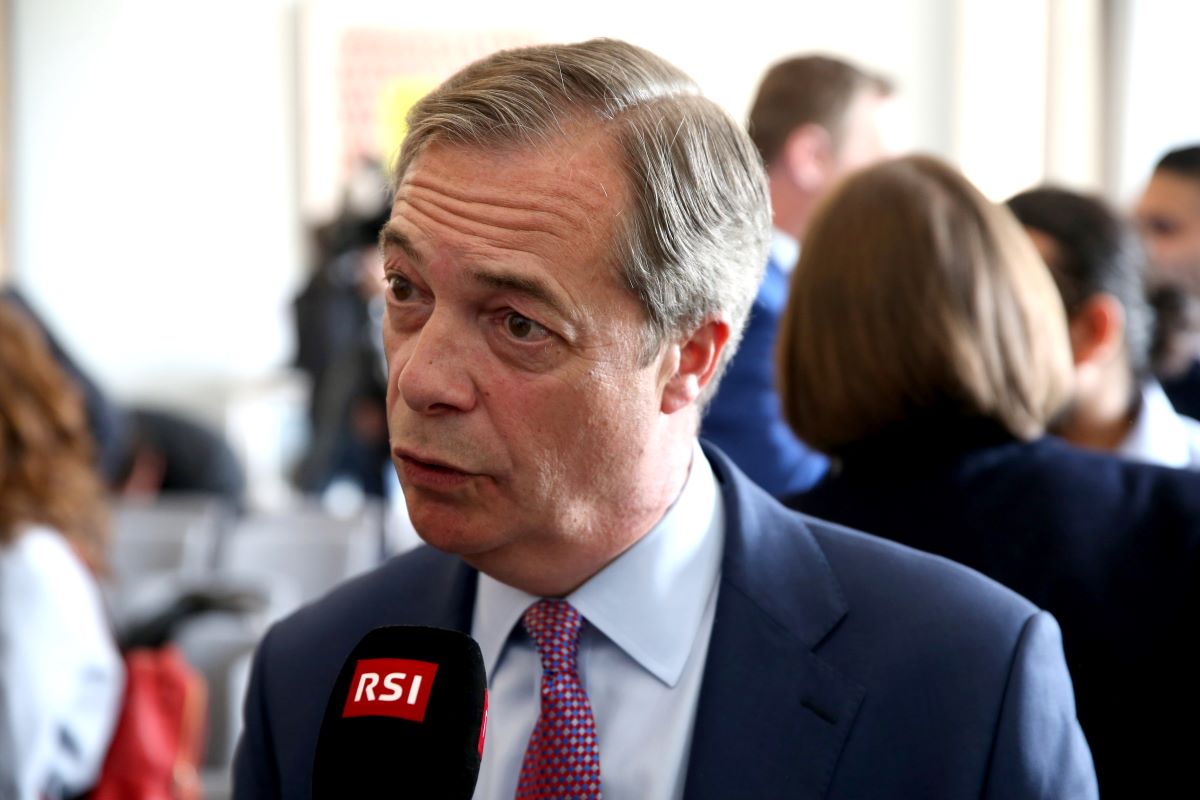After the shocking assassination attempt on Donald Trump, right-wing leaders like Nigel Farage have been quick to blame liberal rhetoric and the media despite a lack of evidence supporting their claims. Here’s the full story.
Shockwaves Follow Attempted Assassination
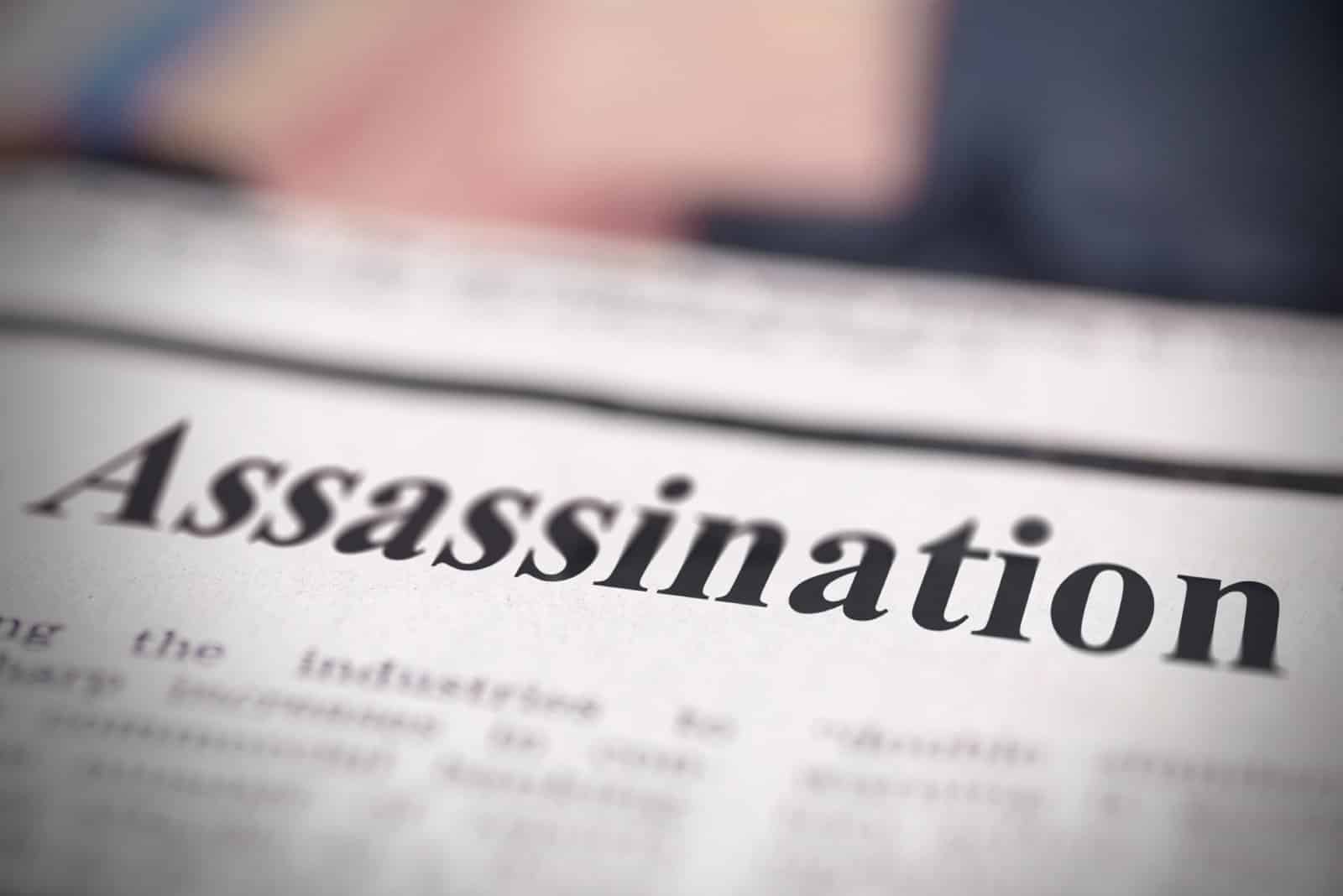
The attempted assassination of former US President Donald Trump at a campaign rally in Pennsylvania has sent shockwaves throughout the world. The attack left Trump injured, one attendee dead, and two others seriously wounded, marking a stark escalation in the already volatile US election season. The gunman, Thomas Matthew Crooks, was killed by security forces on the scene.
Blame Assigned Swiftly

Following the attempted assassination, Trump’s supporters and political allies have swiftly moved to assign blame, with notable figures like Nigel Farage pointing fingers at liberal rhetoric and perceived media bias.
Farage Blames Liberals
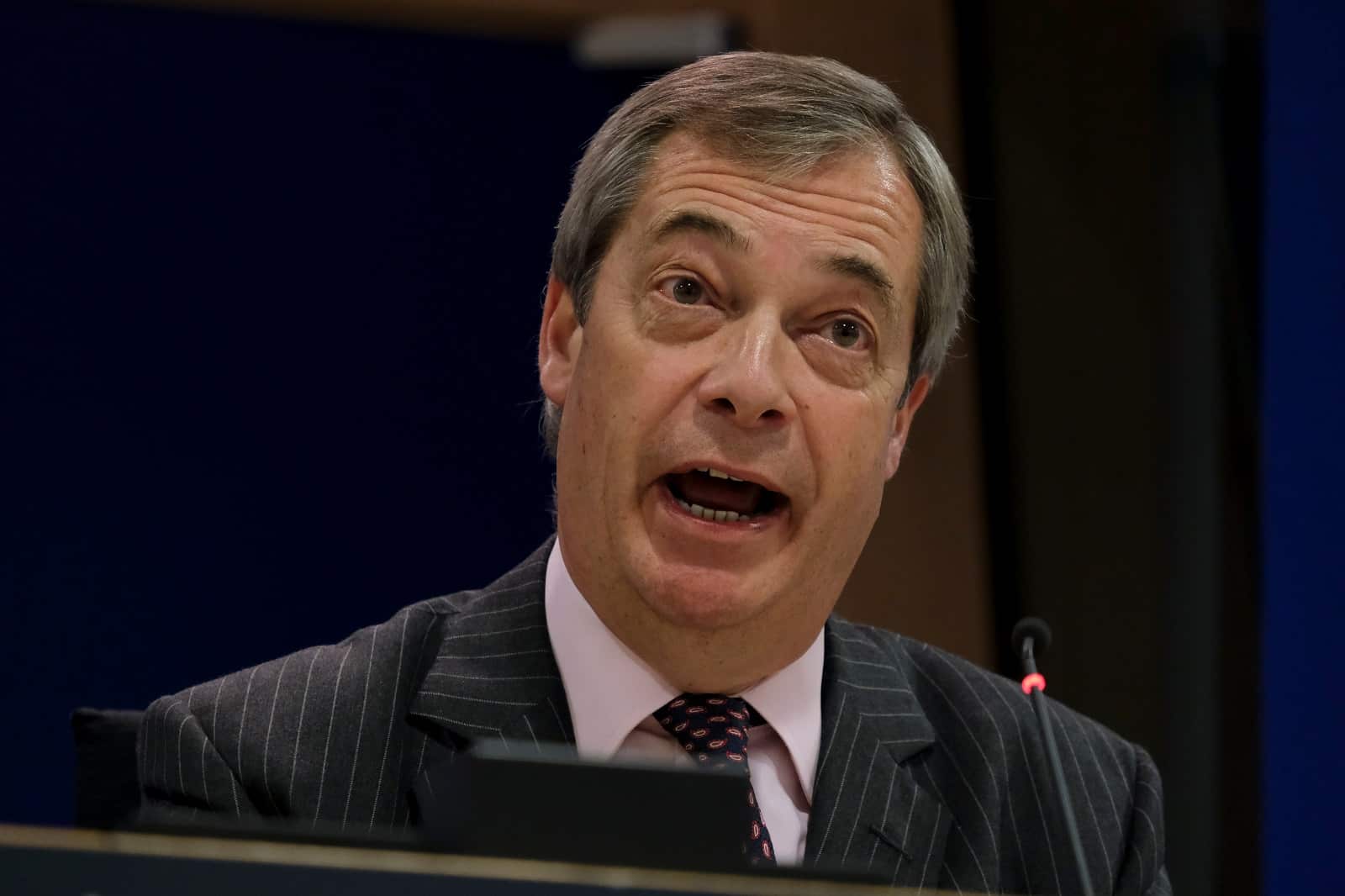
Nigel Farage, the leader of Reform UK and a long-time Trump ally, has been vocal in his condemnation of what he terms a “liberal narrative” surrounding him and other figures on the right.
“Encourages This Behaviour”
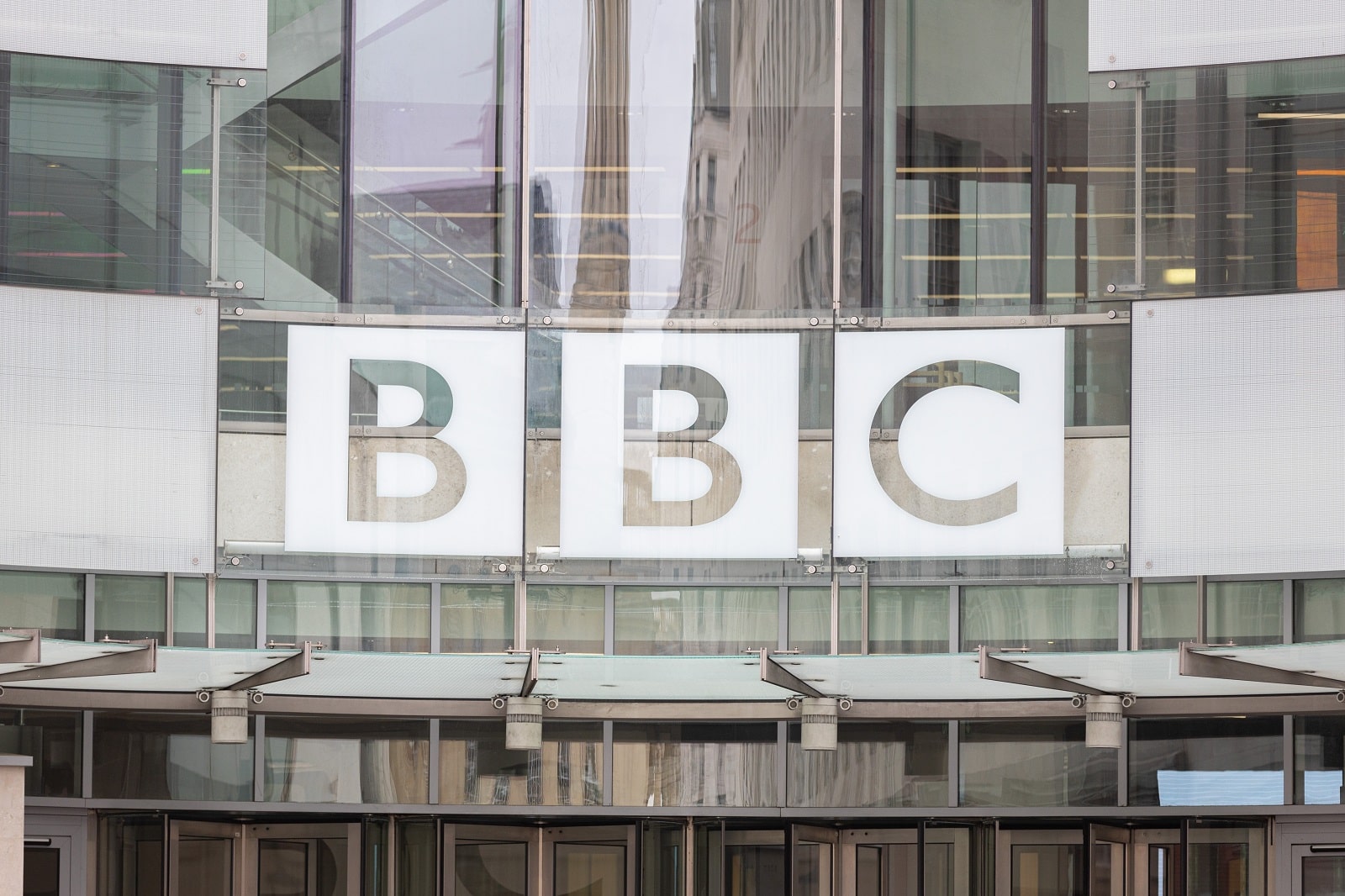
Speaking on the BBC’s Sunday With Laura Kuenssberg, Farage stated, “The narrative that is put out there about Trump by these liberals that oppose him is so nasty, so unpleasant, and I think it almost encourages this type of behaviour.”
Echoes Among Republicans
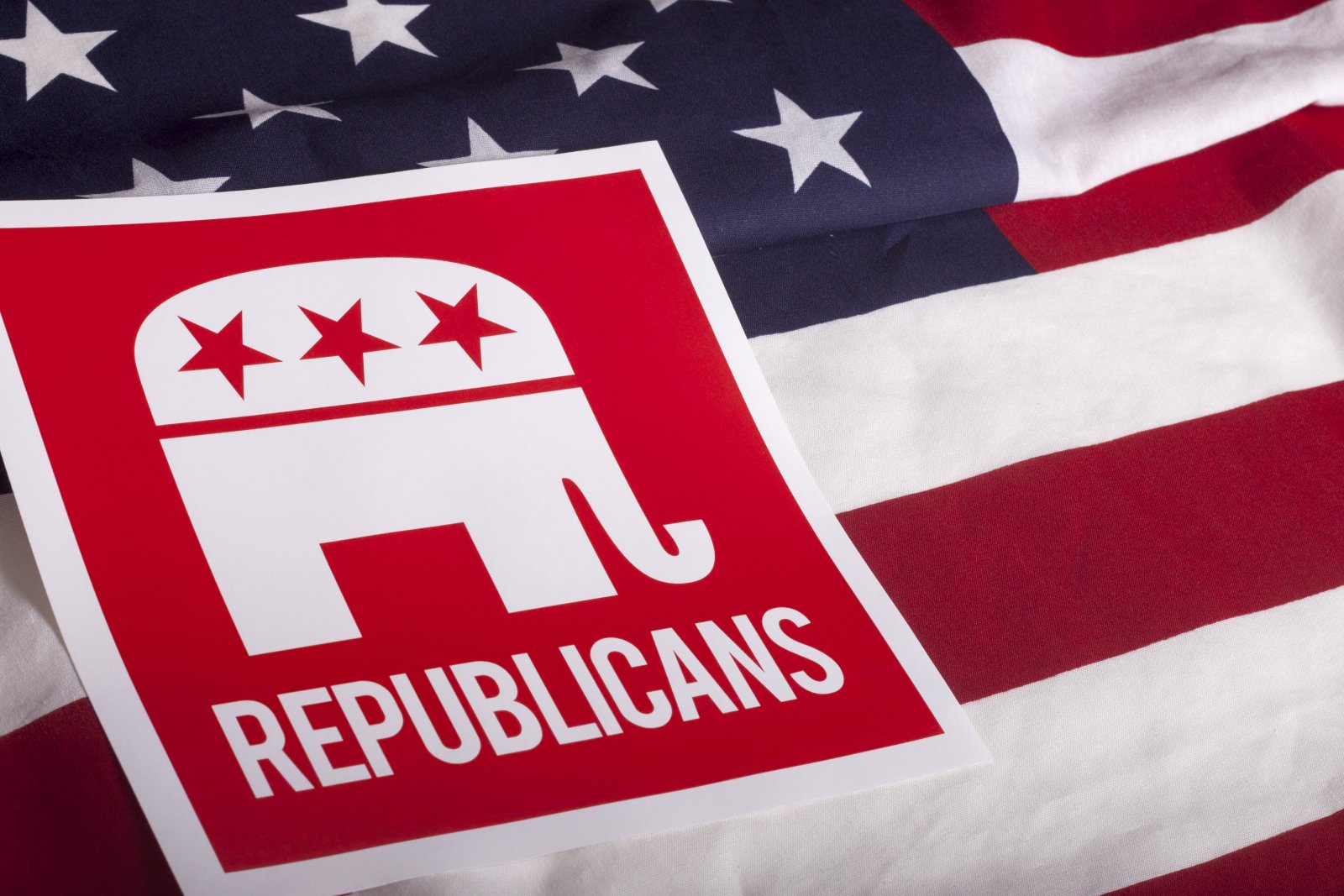
Farage has not been alone in moving quickly to suggest that liberals and the amorphous left, which he has made his political careers opposing, were to blame for the assassination attempt, as prominent US Republicans have echoed Farage’s sentiments.
Attributing Attack to Democrats
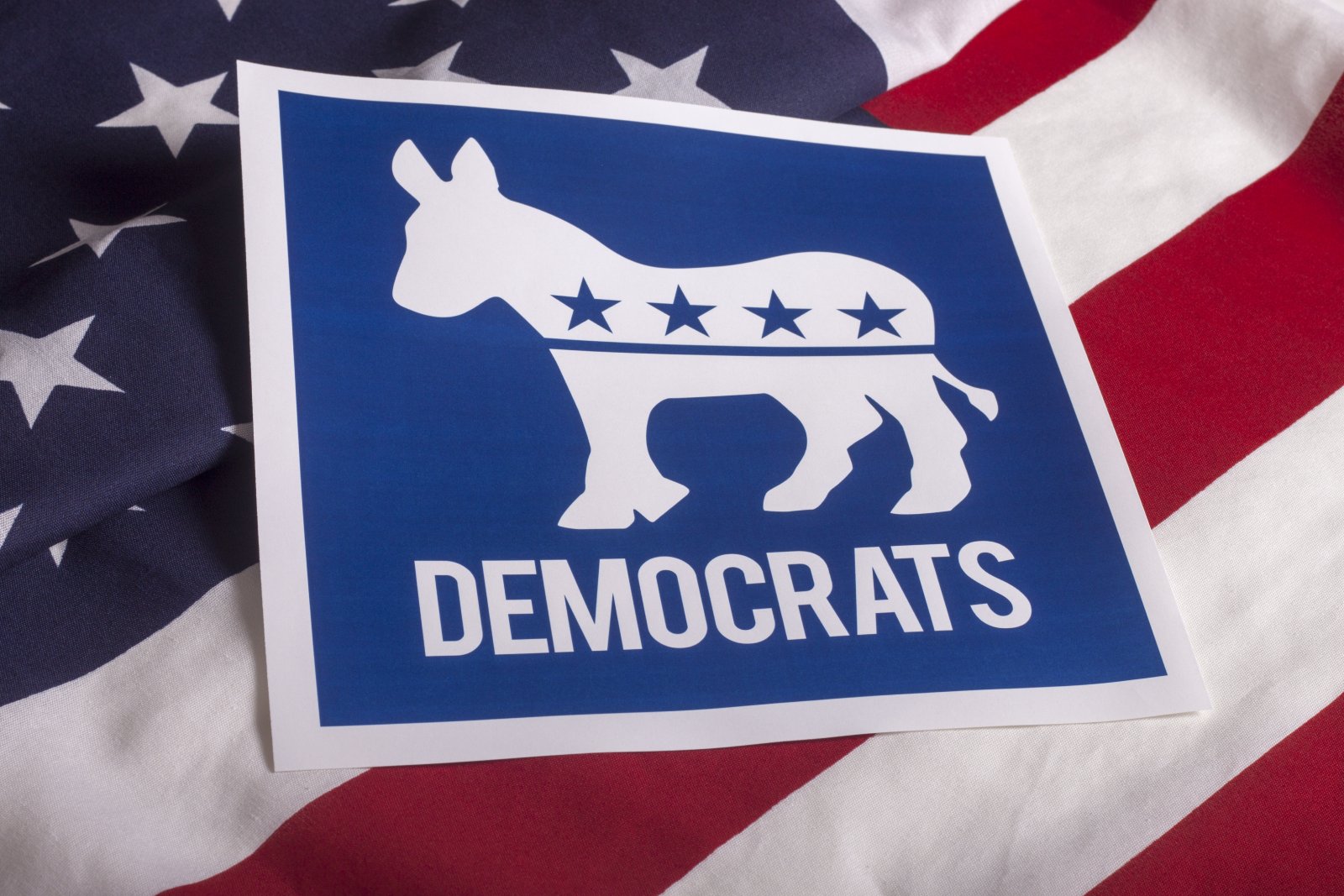
Republican Senator J.D. Vance and Representatives Mike Collins and Marjorie Taylor Greene quickly attributed the attack to Democratic rhetoric. Writing on X, formerly Twitter, Vance claimed, “The central premise of the Biden campaign is that President Donald Trump is an authoritarian fascist who must be stopped at all costs. That rhetoric led directly to President Trump’s attempted assassination.”
Lack of Evidence

However, this swift attribution of blame comes with a complete lack of evidence supporting these claims, highlighting the deeply polarised nature of global politics. The identity and background of the shooter, Thomas Matthew Crooks, is still under investigation.
Crooks’s Mixed Background

Crooks, a 20-year-old from Pennsylvania, had a mixed political background, having donated to a progressive PAC in 2021 but more recently registered as a Republican. Despite the global media descending on his hometown of Bethel Park, Pennsylvania, and interviewing anyone who once knew, went to school with, or worked with Crooks, no apparent motive for targeting Trump has been established.
Right-Wing Conclusions

This ambiguity has not deterred right-wing figures from drawing immediate conclusions about the attacker’s potential motives and political underpinnings, with European right-wing leaders engaging in similar condemnations of left-wing rhetoric, which they blame for the attempt on Trump’s life.
Wilders Blames “Hate Rhetoric”

Geert Wilders, leader of the Dutch Freedom Party, wrote on X, “The hate rhetoric from many leftish politicians and media, who label right-wing politicians as racists and Nazis, is not without consequences. They are playing with fire.”
Salvini: “Violence Won’t Stop Us”
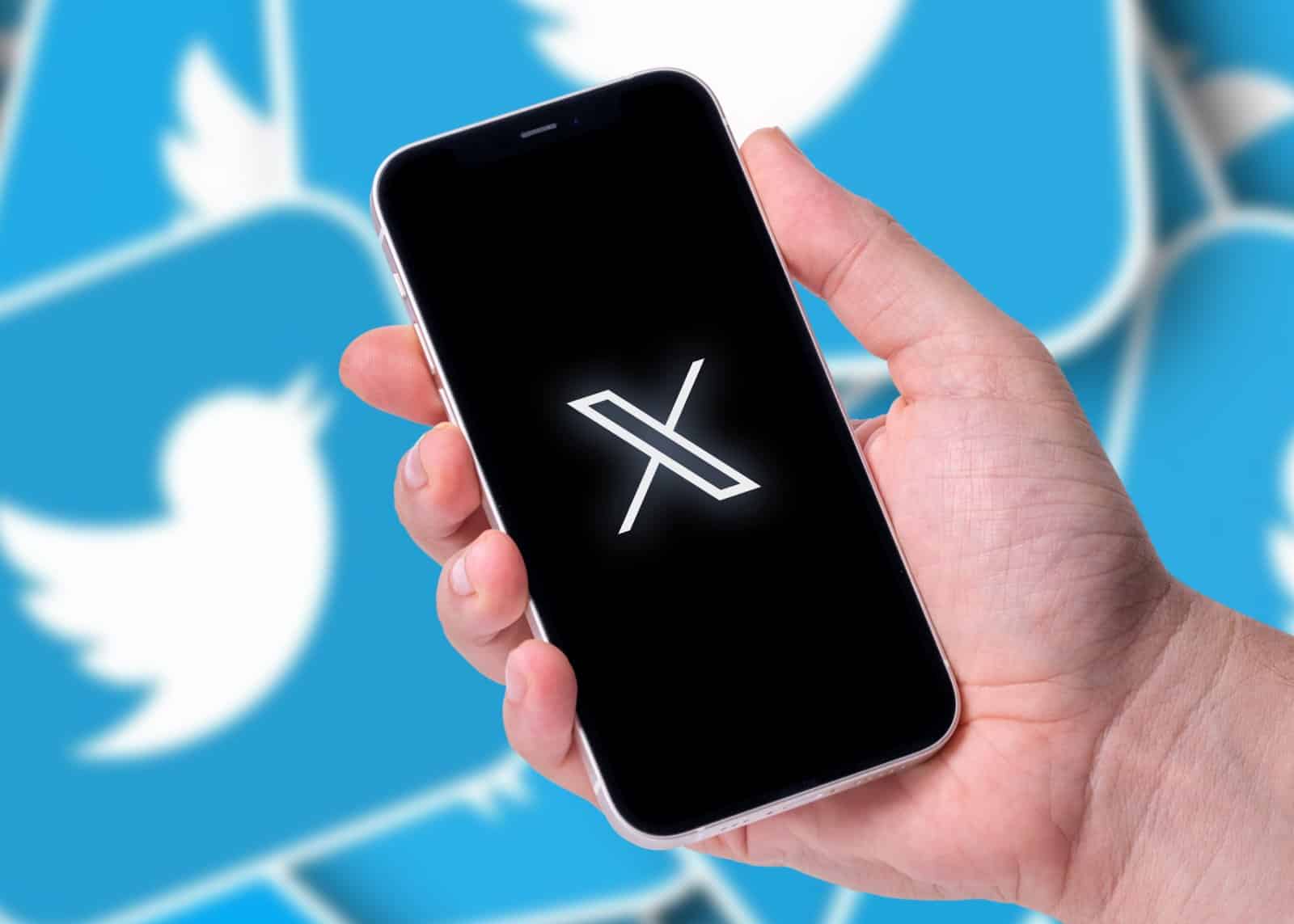
Similarly, Matteo Salvini, the far-right leader in Italy, tweeted, “Violence, extremists, and leftists will NEVER stop us or our fight for freedom. Trump is the president America needs.”
Fico Draws Parallels

Slovak Prime Minister Robert Fico drew parallels between the attempt on Trump’s life and his recent assassination attempt. Fico suggested that the rhetoric from Trump’s political opponents similarly incites violence.
“Carbon Copy Scenario”

Fico wrote on Facebook, “It is a carbon copy scenario. Political opponents of Donald Trump are trying to imprison him, and when they don’t succeed, they enrage the public so much that some poor bugger picks up a gun.”
Media Criticises Right-Wing Narrative

Mainstream media outlets and opposition figures have criticised the right-wing narrative, arguing that comments such as those given by Farage, Wilders, Salvini, and Fico only strengthen the commonly held belief among right-wing leaders and their supporters that media and political rhetoric from the left provoke violence against conservative figures.
“Under Siege” Mentality
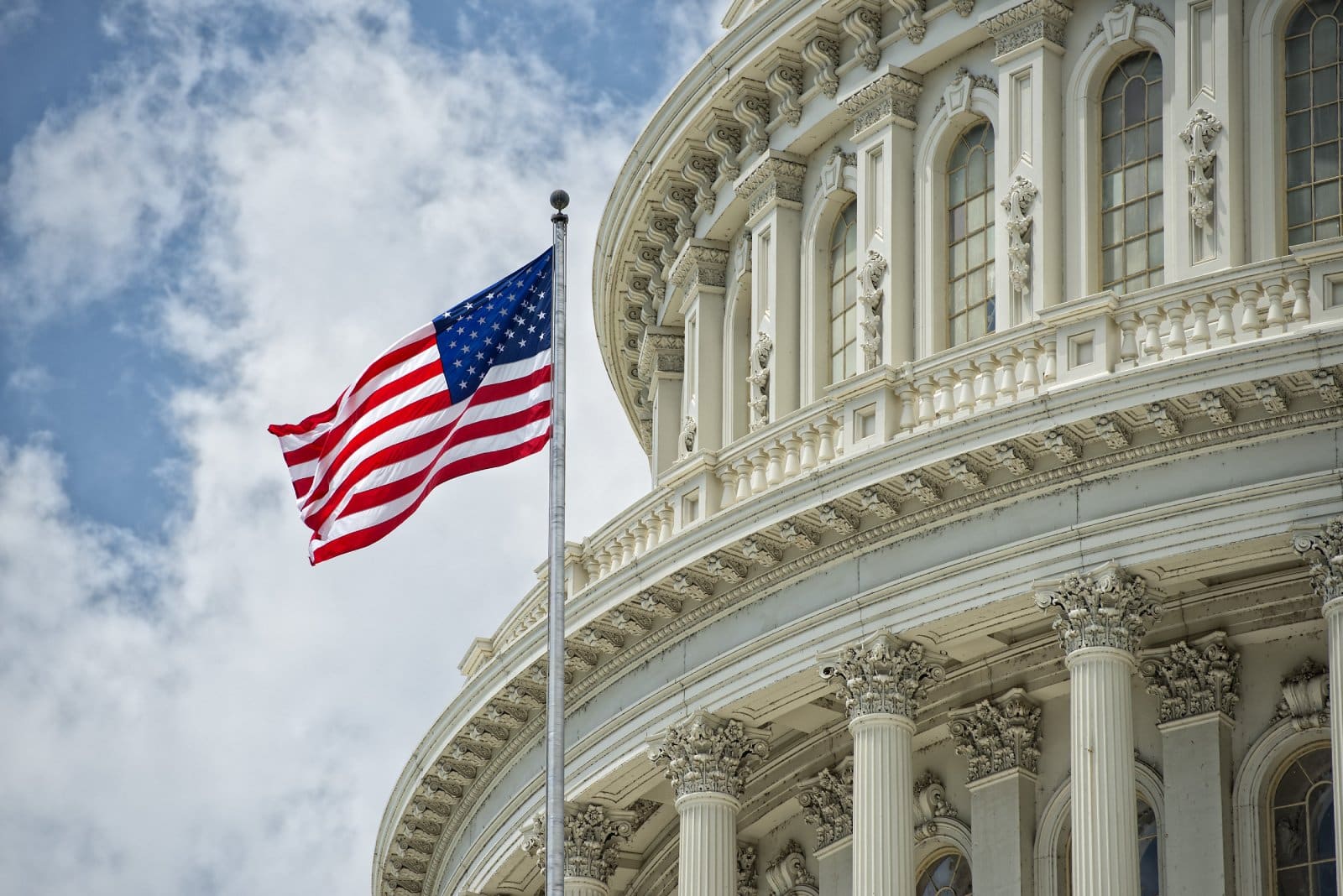
This “under siege” mentality only encourages the belief that in facing such an existential threat, violence is an acceptable solution. This has led to mass shootings in the US by radicalised reactionaries who believed the “great replacement” conspiracy theory, the attempt on Nancy Pelosi’s husband Paul’s life and, ultimately, the attempted insurrection on January 6th.
Polarised Political Landscape

Regardless of who is to blame, with no clear picture available from the evidence yet, the attack has further polarised an already deeply divided political landscape, with potential long-term implications for both US and international politics.
Inflammatory Rhetoric Dangers

As the investigation into Crooks’s motives continues, the attempt on Trump’s life and the subsequent reactions from global right-wing leaders have made the need for a careful balance between robust political debate and the preservation of a safe, democratic society where violence is unequivocally condemned all the more glaring.
Corrupted Political Reality
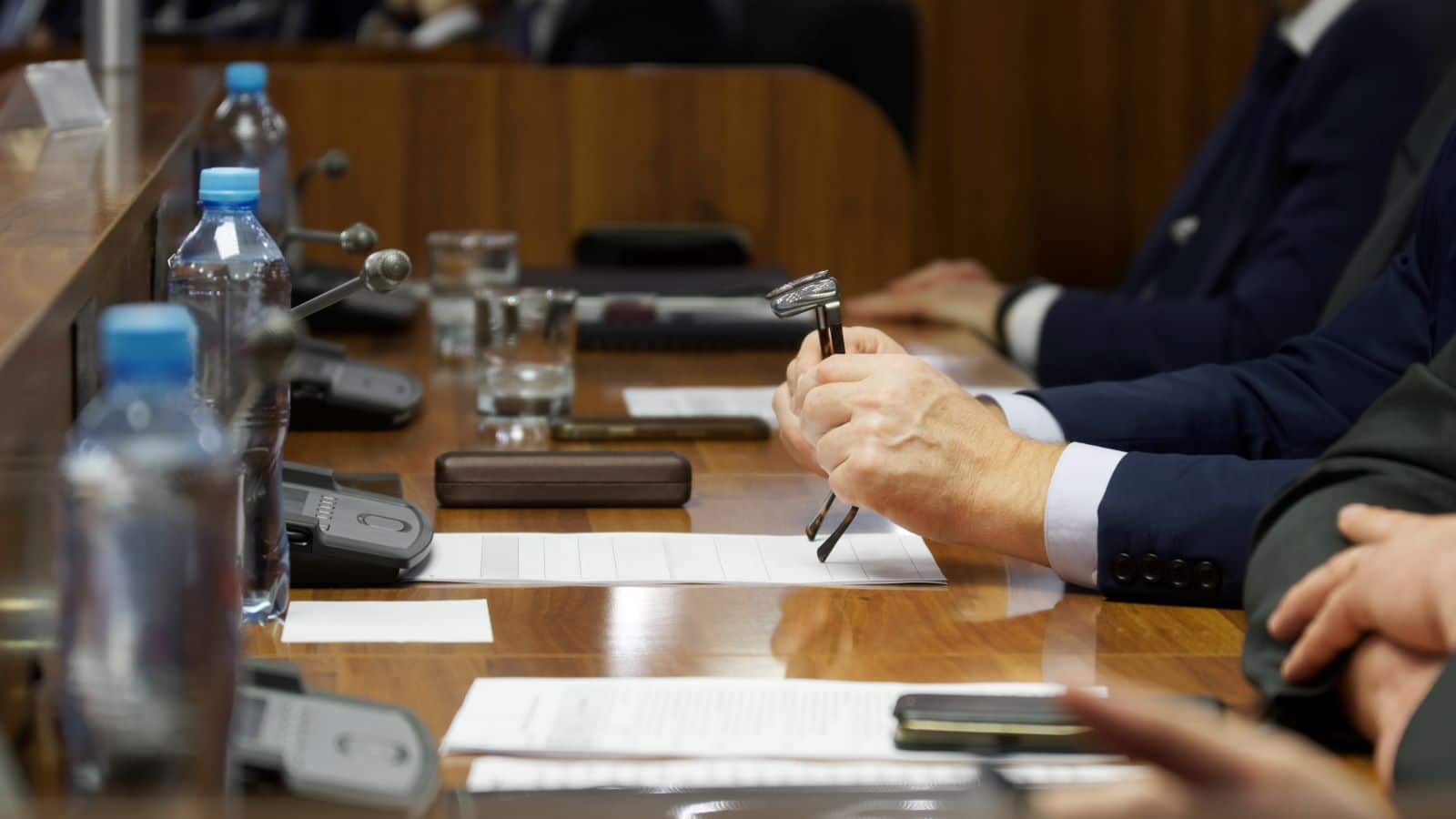
However, following the escalation in violence over the last few years, whether the political debate has been irretrievably corrupted to such an extent that violence is now just part of the political reality remains to be seen.
Featured Image Credit: Shutterstock / Fred Duval.

